Tag: Stuart Wilks-Heeg
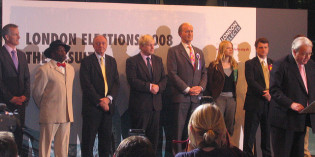
Rules on election deposits create an uneven playing field and protect the interests of the largest parties
Evidence suggests a multi-party system is slowly emerging in UK politics, but our electoral rules may be impeding its development. In the 2012 audit of UK democracy, Stuart Wilks-Heeg, Andrew Blick, and Stephen Crone considered the requirements for candidates to pay a deposit in order to stand for election, and showed how these had a disproportionate impact on small parties. With a number […]

Conservative members have less influence on policy than those in the other major parties
David Cameron’s speech to the Conservative Party conference in Manchester today marks the end of the major parties’ conference season. In the 2012 audit of UK democracy, Stuart Wilks-Heeg, Andrew Blick, and Stephen Crone considered how influential members were on political party policies, including via conferences and other mechanisms. They found varying levels of influence across the major parties, with Conservative members having […]
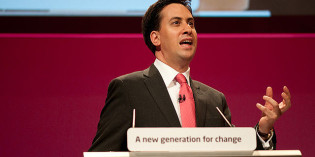
Votes at 16: democracy experts respond to Ed Miliband’s proposal
Ed Miliband used his speech to the Labour Party conference this week to announce his support for lowering the voting age to 16 for all UK elections. This follows the decision to allow 16- and 17-year-olds to vote in the Scottish independence referendum. In this post, Democratic Audit asks leading experts and practitioners to respond […]

How far does the UK support the United Nations and respect the international rule of law?
The government’s recent proposal for intervention in Syria was rejected by Parliament. The debate raised questions about the influence of international law on UK foreign policy, reviving a discussion that accompanied British military involvement elsewhere in the region – in Iraq, Afghanistan and Libya. In the 2012 audit of UK democracy, Stuart Wilks-Heeg, Andrew Blick, and Stephen Crone found that the UK’s professed […]

In the representation of women in political life, the UK continues to be outperformed by other democracies
In the 2012 audit of UK democracy, Stuart Wilks-Heeg, Andrew Blick, and Stephen Crone considered how women were represented in public life. They found increased participation of women in government, although more recently progress has gone in reverse. Movement towards greater gender equality in the make-up of the House of Commons has also been slow. Among the […]

Parliament has relatively weak war powers compared to legislatures in other democracies
Parliament is today being recalled from its summer recess to discuss the possibility of British military intervention in Syria. In the 2012 audit of UK democracy, Stuart Wilks-Heeg, Andrew Blick, and Stephen Crone considered Parliament’s powers in this area. Although Parliament has debated Britain’s involvement in recent conflicts it has no formal role in decisions over whether to deploy military force. In this […]

Unfinished devolution has created constitutional imbalances in the UK
In the 2012 audit of UK democracy, Stuart Wilks-Heeg, Andrew Blick, and Stephen Crone considered how effectively the UK constitution matched the territorial structure of the UK. Following England and Scotland’s national football teams facing each other in a rare match at Wembley, this post draws on their analysis to explore how the UK’s nations have fared in constitutional reforms of recent […]
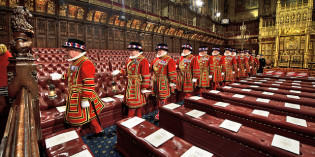
The unreformed House of Lords is already the largest parliamentary chamber of any democracy
The appointment of 30 new peers to our unreformed House of Lords was announced this week. In the 2012 audit of UK democracy, Stuart Wilks-Heeg, Andrew Blick, and Stephen Crone discussed the composition and role of the upper chamber. They highlighted how the UK is almost unique among established democracies in possessing a parliamentary chamber that is mainly unelected, and set […]
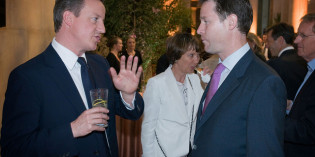
It remains to be seen whether Parliament is cut out for coalition
The long periods between 1945 and 1970, and 1979 to 2010 proved that the British political system is adept at producing stable one-party Government. Now though, this looks set to change, with long-term polling trends suggest that coalition could become the rule, rather than the exception. While the current Conservative-Liberal Democrat coalition has shown itself […]

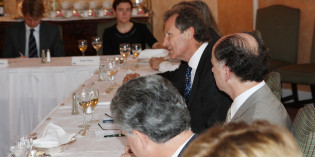

 Democratic Audit's core funding is provided by the Joseph Rowntree Charitable Trust. Additional funding is provided by the London School of Economics.
Democratic Audit's core funding is provided by the Joseph Rowntree Charitable Trust. Additional funding is provided by the London School of Economics.